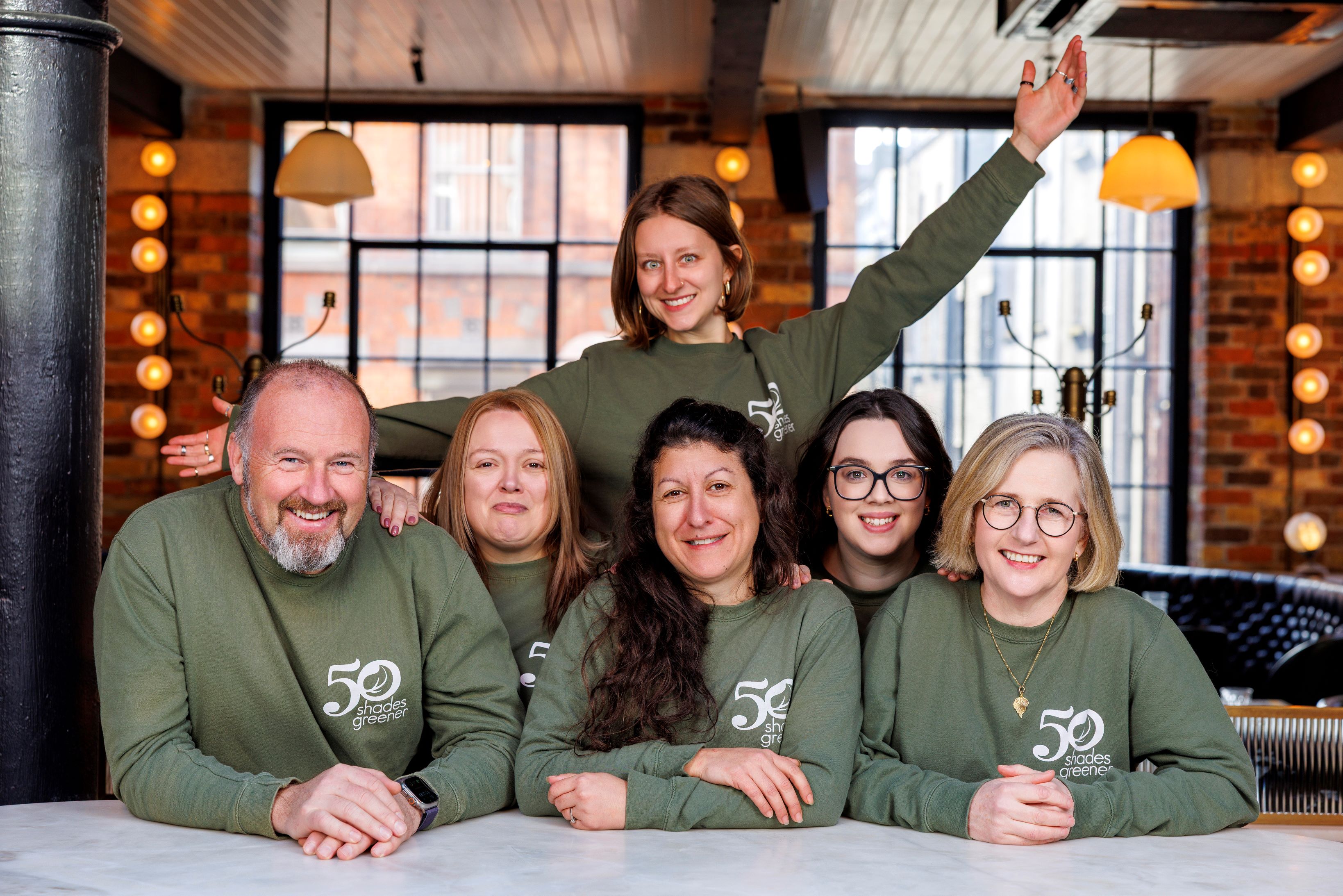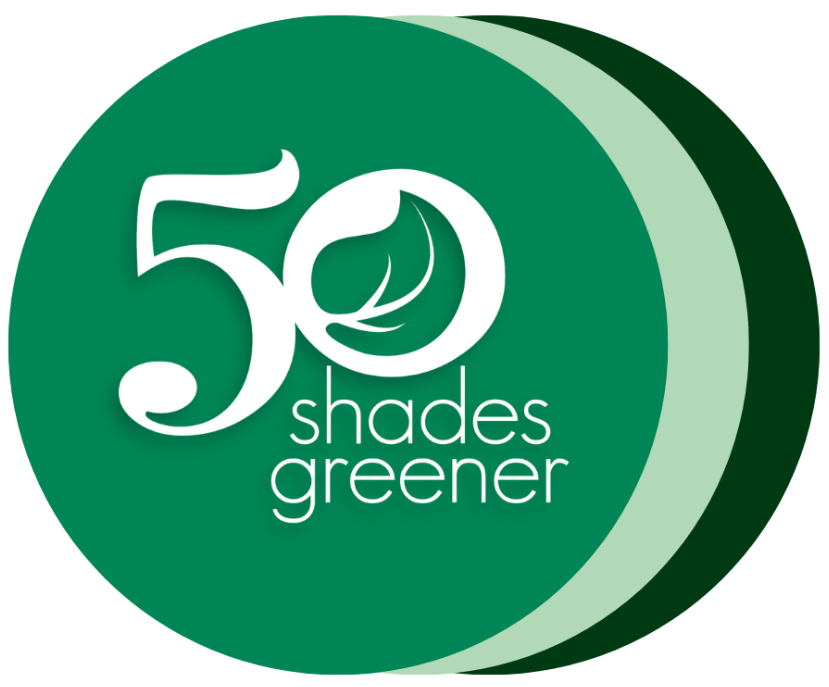The Very Questionable Sustainability of Tetra Pak
Jul 01, 2024
Quick heads-up! If you like straight-talk sustainability, join our free SustainABILITY Hub — a casual drop-in every Wednesday at 13:30 (UTC+1). Ask questions, swap ideas, and bust myths like the one below (no jargon, no hard sell).
Join here!
TL;DR: Is Tetra Pak Really Sustainable?
Tetra Pak cartons are made from layered cardboard, plastic, and aluminium — which makes them difficult to recycle.
While they claim to be 100% recyclable, most recycling facilities can’t process them.
Only 26% of Tetra Pak is recycled globally — the rest ends up in landfill or oceans.
Aluminium cans and glass bottles are more sustainable and easier to recycle in a closed-loop system.
The best option? Reduce and reuse — choose filtered water, glass bottles, or homemade plant milks where possible.
Have you ever wondered about Tetra Pak cartons? They are becoming more and more common on our shop shelves - just how green a solution are they?
The environmental downsides to plastic bottles are mostly well known: they are expensive to recycle, recycling rates are low, there are limited options for the use of recycled plastic material, and plastic litter can wreak havoc with the environment. So, any person or business who are environmentally conscious, of course, would try to reduce and eliminate their plastic use.
Because of these considerations there has been an increase in metal and cardboard being used for drinks and liquid containers.
The rise in popularity of cardboard cartons, however, which are really complex composites of plastic-lined cardboard and aluminium, is a deeply imperfect solution.
Reducing plastic waste is only part of the problem: if plastic is replaced by containers that are not easy to recycle either then the replacements may not lead to an environmentally superior outcome.

So, what is Tetra Pak?
Tetra Pak is the carton you buy your milks, juices, soups, sauces, and coconut water in or find in your hotel room with water in it. It looks and feels like a waxy type of cardboard. You might easily turn one over, see the recycling symbol, and throw it into your recycling bin without a second thought.
Most Tetra Pak cartons you will use are referred to as shelf stable aseptic cartons. These are generally made of 14% plastic sheets, 5% aluminium, 6% from a bio-plastic cap and 75% cardboard.


What happens when you throw your Tetra carton in the recycling bin?
You have washed and dried your milk carton and flattened it before throwing it in your recycling bin. You’ve done your part, now it surely will be reused.
If the materials that make up a tetra pak were on their own, like they are as a cardboard box or aluminium can, recycling wouldn’t be much of an issue as there are the machines and sorters to work through these different materials.
When it comes to Tetra Paks, however, the combination of the different materials makes recycling much more complex. The paper fibers need to be washed out before the aluminium and polyethylene can be separately recycled. This requires a tremendous amount of special equipment and inputs like water and energy, many recycling centres are not equipped for these processes.
“According to the Tetra Pak website, it’s 100% recyclable. The problem is, it’s 100% recyclable only when you send it to recyclers with the machinery to handle them. Unfortunately, not every recycler has the ability to recycle cartons.”

Recycling tetra isn’t a closed loop, it cannot be made into a carton again and instead leads to a mix of recycling and down-cycling.
Only after specialised machines have separated the materials can the paper be recycled into writing paper, tissues, or green building materials.
The remaining materials combined are now named polyaluminium, these can only be downcycled into single use items and so will shortly end up in the landfill. Examples of these single use items are pens, car floor mats and flooring/decks.
The aluminium used in Tetra pak cannot be extracted so it has to be downcycled as polyaluminium.
“Tetra Paks, therefore, remove fully recyclable materials from the recycling system and make them entirely redundant.”
It is unfortunately much less likely that Tetra will be recycled compared to glass or aluminium cans - in fact only 26% of tetra is recycled around the world.

Tetra Pak is actually responsible for 3 in 4 items they produce ending up in landfill, on beaches and polluting the oceans.
There have been many sustainable efforts demonstrated by Tetra Pak but the product material is continuing to fall short of environmental considerations which any environmentally conscious consumer would hope for.
What does this show us?
Not all recycling is equal.
Due to considerations like specialised machinery, lengthy transport distances and materials generating little money when recycled only 16% of all beverage cartons get recycled in US and in Vietnam only one recycler accepts Tetra Pak.
So, while it is true that there is less of an environmental impact created in the making of tetra pak, it is resulting in the majority if it littering streets, parks, beaches or ending up in landfill.
Lets take a quick look at aluminium cans and glass bottles
Although aluminum cans and glass bottles use significantly more energy than tetra in their production they are easy to reuse, handled locally and they can be back on store shelves within a week, compared to being shipped in giant bales to far off facilities.
In this confusing world of waste and recycling there is definitely more simplicity in aluminium. Recycling aluminium cans has constantly remained cost effective. “It takes little additional energy to melt them down and unlike with plastic, it is possible to recycle a can an infinite number of times”
When it comes to the best recycling rates, about 75% of all aluminium ever put into production is still in use and still recycling. As long as aluminium makes it into the recycling system, it will be recycled and reused infinitely.
Are there solutions, where do we go from here?
Best thing we can do is avoid buying and disposing tetra pak where possible. Every purchase we make is a vote towards the type of world we want to live in.
In your business
For hotels – it is highly favourable to choose to offer your guests filtered water in glass bottles which can even be printed with the hotel name and logo. It will require installing a filtration system and purchasing glass bottles but will not require any further purchases and will generate zero waste, so no waste collection costs or emissions being created by waste production.

In your Home
Make your own oat or almond milk, If you already are drinking these milks it is surprisingly easy to make your own and there are an abundance of recipes online to try to find one that suits you!
Check if there are any self service milk vending machines near you. Here you will be able to refill a glass bottle with local, fresh, unhomogenised milk For example in Clare where some of the Fifty Shades Greener staff are based we can get Moo’ghna Milk supplied by local farming family.
Make your own juices where you can. fresh orange juice is far superior to what can be bought in a carton and does not take long to prepare.



Remember the best solution to the global waste problem is to reduce the amount of waste we create in the first place: Reduce & Reuse.
And if you want to learn more about sustainability for your personal life or for your workplace/ career please book a discovery call with one of our experts HERE
Thank you for reading today.
The FSG Team. 💚

Bibliography


